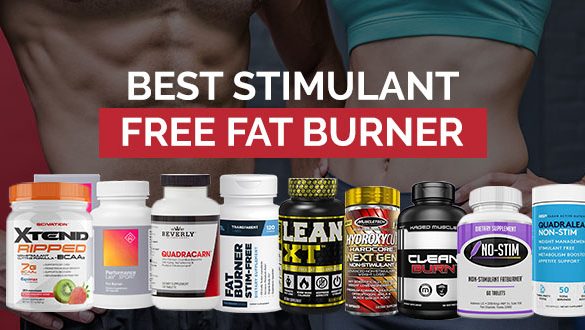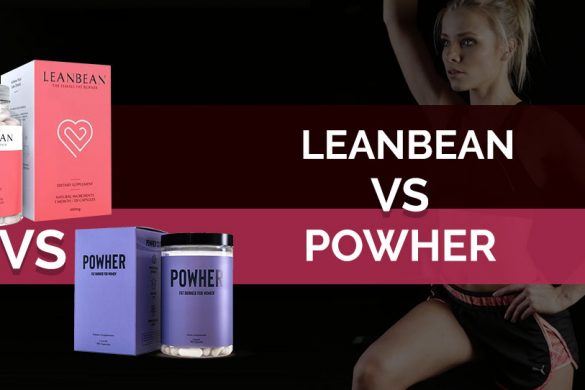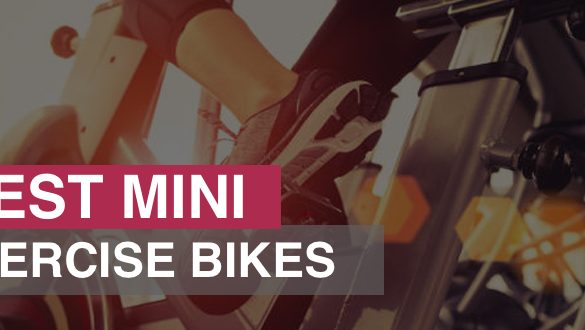Are you looking to add more vegan-friendly options to your diet? Vegan collagen might be the missing link to achieving your health and wellness goals. To learn more about what it is and why you should consume it, finish reading this post!
What Is Vegan Collagen?
Vegan collagen is a dietary supplement from plant-based sources like aloe vera, seaweed, and mushrooms. It provides various health benefits, such as better skin hydration and elasticity, improved joint flexibility and mobility, increased energy levels, stronger hair and nails, and more. Vegan collagen may also help with weight loss, as it can help to reduce your appetite and cravings.
Why Vegan Collagen?
One of the most common misconceptions about bodybuilding, fitness, and overall health is that animal proteins are the only way to go. This couldn’t be further from the truth.
Vegan collagen is a great alternative for those looking to maintain or gain muscle mass while also getting essential vitamins and minerals without compromising their moral values. So, if you’re a vegan and want to explore different options for your fitness routine, vegan collagen could be the perfect addition to your diet.
Collagen and Its Role in the Body

Moving forward, let me discuss the importance of collagen in the body.
Collagen is the most abundant protein in the human body and is found in tendons, ligaments, skin, hair, and nails. It plays a vital role in maintaining our bodies’ structural integrity and providing support and elasticity. In fitness, collagen also provides some benefits, such as:
Reduces Joint Pain
As cartilage and tendons weaken over time due to repetitive motion and wear and tear, it can cause joint pain and inflammation. Being 60% collagen, cartilage is especially dependent on collagen for its strength.
Vegan collagen can help reduce joint pain and inflammation while also helping to maintain joint mobility. Adding it to your fitness regime can help you stay active and pain-free for longer.
Improves Muscle Mass
As a protein found in muscle tissue, collagen plays a big role in helping you retain or gain muscle mass. Vegan collagen can help you do this without consuming animal proteins.
Moreover, it’s also a great way to get the essential vitamins and minerals your body needs for building muscle. You don’t have to sacrifice your vegan lifestyle to get the results you want, especially when you are into bodybuilding and fitness.
Improves Injury Recovery Time
After a workout, protein tends to break down in the body, and it’s important to replenish it to reduce recovery time. Taking collagen as a supplement not only increases protein levels but also helps heal and repair muscle tissue quickly. This can lessen the soreness after a workout and help you get back to your regular fitness routine faster.
Aids in Weight Loss
Boosting metabolism, adding muscle mass, and reducing appetite are all ways that vegan collagen can help you lose weight. Studies have shown that vegan collagen is an effective way to reduce cravings and help you stay fuller for longer.
Different Workout Program Options You Can Combine with Vegan Collagen
If you’re a beginner, you might wonder what workout program you should pair with vegan collagen. Depending on your fitness goals, there are many different programs that you can combine with the supplement. I have compiled a few of the most popular options, listed below.
Resistance Training
You don’t necessarily need to go to gyms for resistance training. You can start with bodyweight exercises such as squats, lunges, and pull-ups. These exercises use your body weight as an opposing force which helps you build muscle strength and endurance over time. Make sure to invest in some of the most common equipment, such as:
- Elastic resistance bands
- Suspension straps
- Medicine balls
- Kettlebells
Cardio Training
Another workout that I highly recommend for beginners is cardio. It’s a great way to increase your heart rate, increase endurance, and burn calories. You can start with simple exercises like running or walking on the treadmill, jumping jacks, jumping rope, and stair climbing. And again, you don’t have to spend on gym memberships or special trainers to do cardio workouts. Be resourceful and take advantage of what you have around your home.
Yoga
Yoga is an excellent way to relax and destress. Yoga poses also help to strengthen your core muscles, increase flexibility, and improve overall balance. You can hire a yoga coach or invest in some yoga videos to follow along. You can also find free videos online or download yoga apps for guidance.
Pilates
Pilates focuses on improving posture, balance, and core strength. It also helps to improve body alignment and muscle control. The good thing about pilates is that you can do it almost anywhere, as long as you have the floor and some space. Virtual lessons are also available online, so you don’t have to go out of your way to find a pilates studio.
HIIT
If you want a more advanced and intense workout, then high-intensity interval training (HIIT) is the way. This involves short bursts of intense physical activity followed by a recovery period. HIIT is an effective way to burn maximum calories in a short amount of time. You can easily adjust the intensity and length of each interval depending on your fitness level and goals.

Alternative Sources of Vegan Collagen
If supplements are not your thing, you can still get vegan collagen benefits without taking pills or powders. Many plant-based foods are great sources of vegan collagen.
- Citrus Fruits: Since vitamin C is necessary for collagen production, adding citrus fruits like oranges, grapefruits, and lemons can be very beneficial.
- Berries: Loaded with vitamin C and antioxidants, these super fruits are an excellent source of vegan collagen. Raspberries, blueberries, and blackberries are some of the best choices.
- Garlic: Another food that supports collagen production is garlic. Not only does it add flavor to your meals, but it also helps prevent the natural breakdown of collagen, resulting in better skin elasticity.
- Cashews: High in zinc and copper, cashews are a great option to include in your diet for improved collagen production. They are also rich in fiber, good fats, and antioxidants, making them a perfect addition to your vegan meals or taking them as a snack.
- Beans: The protein and amino acids in beans also help to increase collagen production. Add black beans, kidney beans, and lentils to your diet if you’re a vegan.
- Leafy Greens: We can’t end this list without mentioning green leafy vegetables like kale, spinach, and chard. These veggies are rich in vitamins A, C, and E, which are necessary for collagen production.
The Bottom Line
Vegan collagen is becoming more and more popular with the growth of veganism. Combining it with a healthy diet and regular exercise will improve skin, hair, and joint health.
Be sure to check out the best vegan collagen supplements available today for a more convenient way to get the benefits of this amazing nutrient. If you’re not into supplements, consider the above-mentioned plant-based foods that can give you the same collagen benefits.
FAQs
Is there vegan collagen?
Yes, a wide range of plant-based supplements is available that are vegan-friendly and provide various benefits by helping you improve your diet.
What do vegans use for collagen?
Vegans can use plant-based supplements and natural alternatives such as soy protein, pea protein, and hemp protein as sources of protein.
Where do vegans get collagen?
Vegans get collagen from plant-based sources such as soy protein or plant-based supplements made of vegan-friendly ingredients.
What is the best vegan collagen on the market?
There is no one specific best vegan collagen, but you can check out the list of some of the best vegan collagen supplements here.
Sources:
http://myfitstation.com/best-vegan-collagen/
https://www.issaonline.com/blog/post/the-truth-about-using-collagen-supplements-for-fitness
https://www.goodnet.org/articles/7-plantbased-foods-that-support-collagen
https://www.goodnet.org/articles/7-plantbased-foods-that-support-collagen









